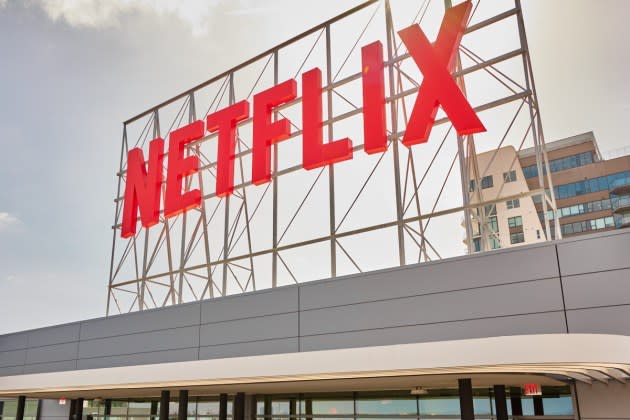The culture at Netflix has always intrigued HR professionals due to its unique approach to work. The company’s well-known ‘culture memo’ outlines its methods, which have been widely studied and analyzed. The updated memo provides a fresh perspective on how Netflix builds its ‘Dream Team’ through transparency, high performance expectations, and a balance between freedom and responsibility.
The original memo was blunt and even included a controversial ‘keeper test’ for managers. This approach, while effective, was not known for creating a warm and supportive atmosphere. The revised memo emphasizes the need for regular communication between managers and employees, indicating a shift towards a more balanced and supportive work environment.
Despite the changes, Netflix’s core principles remain unchanged: building a team of high performers, prioritizing freedom and information, embracing calculated risks and innovation, and striving for continuous improvement.
The memo also highlights the challenges of this approach. It requires self-awareness, self-discipline, and a willingness to give and receive candid feedback. This culture thrives on open communication and requires employees to navigate constructive criticism and actively participate in feedback exchanges. The memo acknowledges that this environment may not be suitable for everyone.
The evolution of the ‘keeper test’ reflects Netflix’s attempt to balance high-performance expectations with a supportive work environment. Clear communication and expectations are essential for creating a smooth experience for their valued ‘Dream Team’ members.
Netflix’s culture emphasizes their commitment to excellence and attracting top talent. The memo serves as a guide for those who thrive in an environment of open communication, calculated risk-taking, and relentless improvement. However, it also acknowledges that this approach may not be suitable for everyone.
For HR professionals, the revised memo provides valuable insights into building a culture that prioritizes both high performance and employee well-being, while also emphasizing that this approach may not work for every company or individual.
